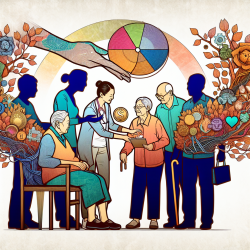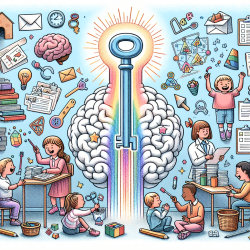Introduction
In the realm of intensive care units (ICUs), healthcare professionals often face moral distress—a condition where they are constrained from taking actions they believe are right. This distress not only affects the individuals experiencing it but also impacts patient care and the healthcare system as a whole. A recent study, "Intensive care unit professionals’ responses to a new moral conflict assessment tool: A qualitative study," sheds light on how a novel Moral Conflict Assessment (MCA) tool can help professionals navigate these challenges.
Understanding Moral Distress
Moral distress arises when healthcare professionals cannot act according to their moral choices due to various constraints. This can lead to negative emotions, burnout, and even a desire to leave the profession. The study highlights that traditional methods like surveys and interviews may not fully capture the nuances of moral distress, prompting the need for innovative approaches like the MCA tool.
The MCA Tool: A Pathway to Resolution
The MCA tool is an eight-step process designed to help healthcare professionals reflect on their experiences and develop actionable strategies to address moral distress. By participating in MCA sessions, ICU staff were able to articulate their challenges, identify core values, and propose feasible solutions.
Key Findings and Solutions
The study revealed that moral distress often stems from issues related to goals of care, communication, teamwork, respect for patient preferences, and the managerial system. Participants suggested several solutions:
- Enhancing communication among healthcare providers and with patients' families.
- Providing education and training on teamwork, advance directives, and end-of-life care.
- Encouraging self-care strategies to cope with stress.
By implementing these strategies, healthcare professionals can transform distressing situations into opportunities for growth and learning.
Implications for Practitioners
For practitioners in the field of special education and therapy, the insights from this study can be invaluable. The MCA tool can be adapted to various settings to help professionals reflect on their moral conflicts and develop resilience. By fostering open communication and collaboration, practitioners can create a supportive environment that prioritizes patient care and professional well-being.
Encouraging Further Research
While the MCA tool has shown promise in addressing moral distress, further research is needed to explore its application in different healthcare settings. Practitioners are encouraged to engage in participatory action research to continue refining and improving strategies for managing moral conflicts.
To read the original research paper, please follow this link: Intensive care unit professionals’ responses to a new moral conflict assessment tool: A qualitative study.










